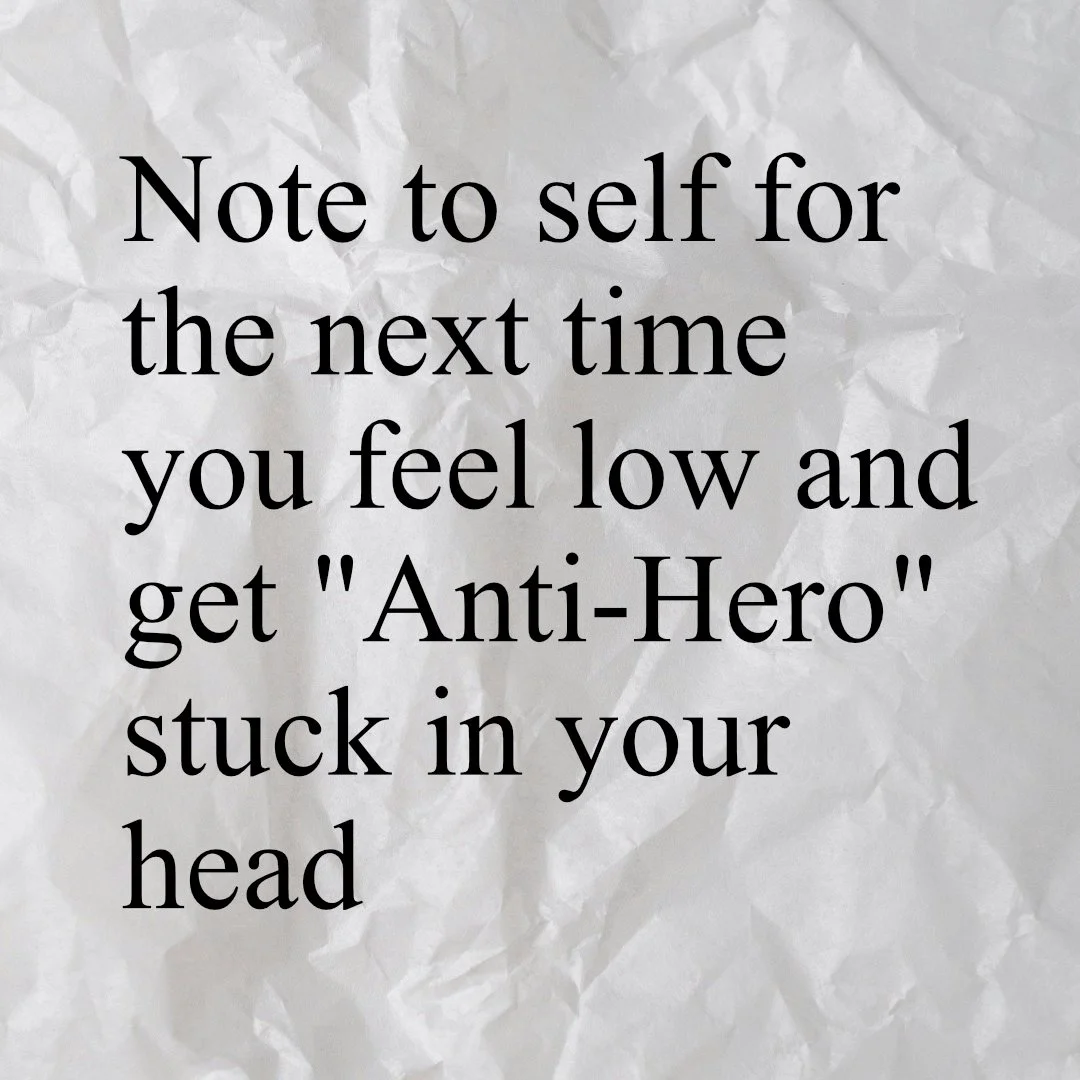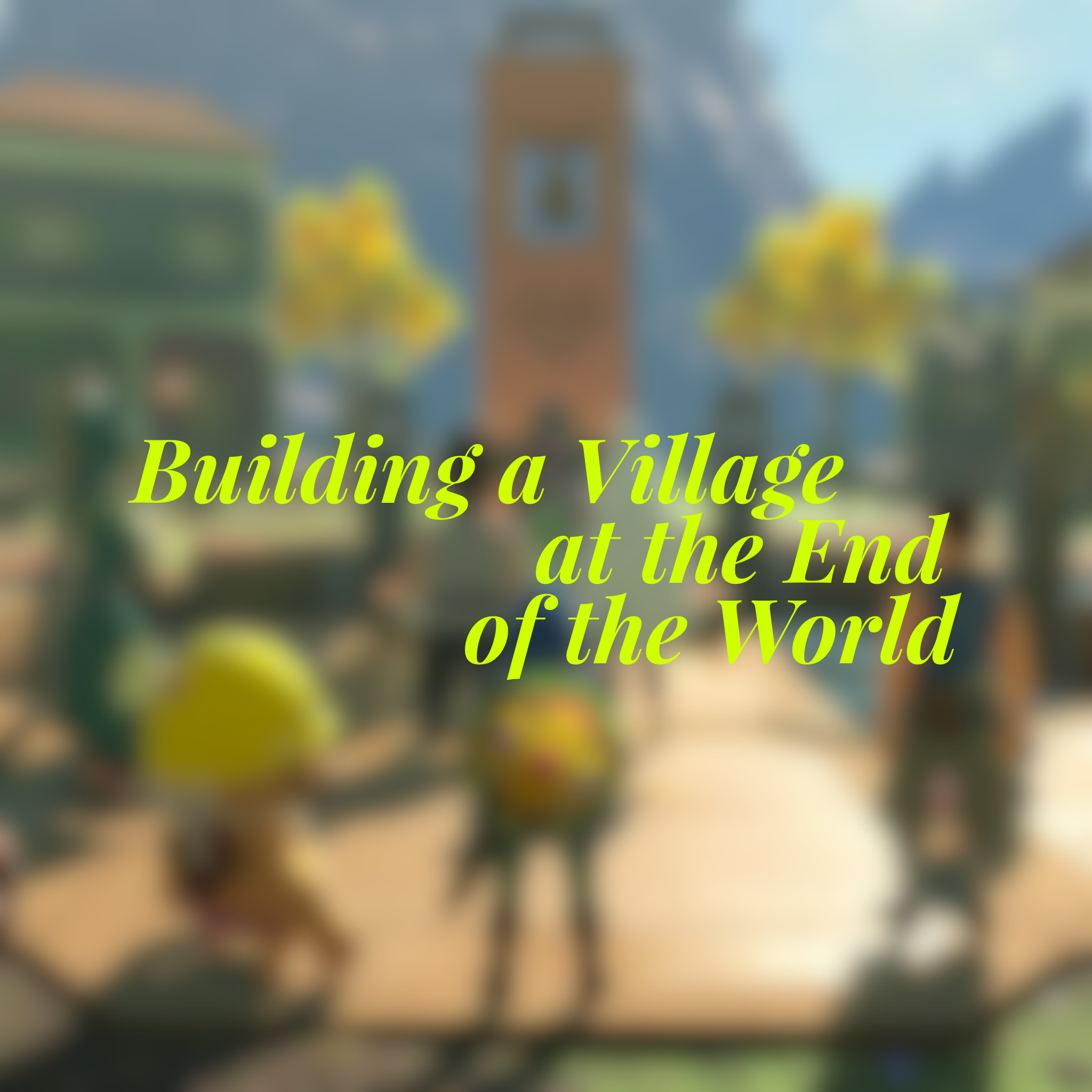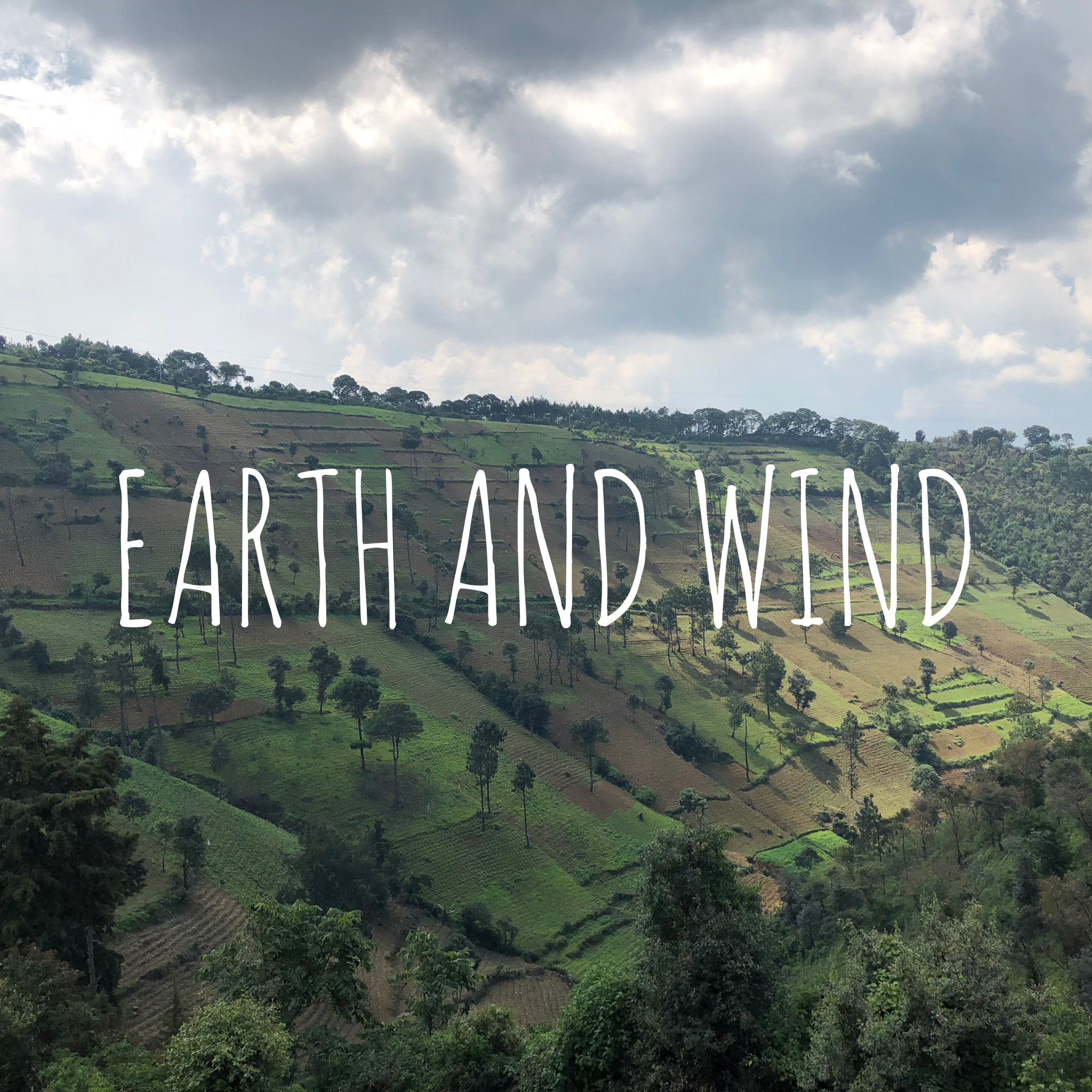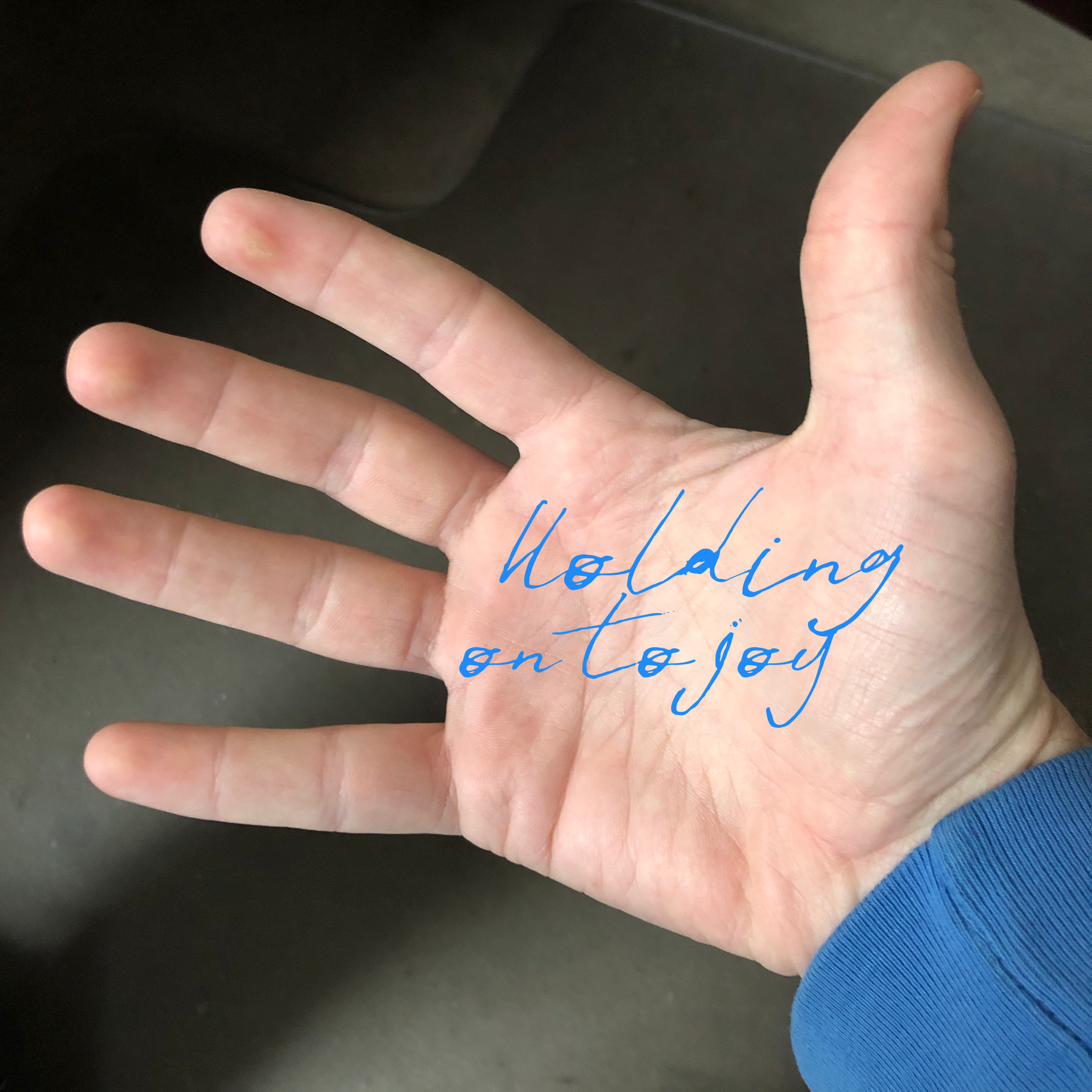Building a Village at the End of the World
The Zelda video games can be kind of hit and miss for me. I appreciate the franchise for the trailblazer that it is, but only a few of its entries—Ocarina of Time and Link’s Awakening—have truly grabbed me. But my brother has raved about Breath of the Wild for about a year and a half. I trust my siblings’ recommendations implicitly for they rarely if ever steer me the wrong way. The game has sucked me in; it is an astonishingly great play.
I am kind of in a holding pattern right now. I have recaptured three of four Divine Beasts—MacGuffin-esque weapons that will help me defeat the series antagonist Ganon—and my sons want to see me take down the fourth. We try to limit the time that they’re in front of a screen so when I play during the week it is usually after they go to bed. So I am just whiling away time exploring the vast and varied world, looking for shrines, secrets, and side quests. During this meandering journey is where I found a story of Quixotic yet beautiful hope.
The Kingdom of Hyrule is on the precipice of calamity. It’s been a hundred years since Ganon’s evil has laid waste to those who dared challenge him. Civilizations were razed. Their technology was possessed and turned into murder machines. Literal monsters lurk around seemingly every corner. One person—the titular Zelda—has single-handedly been keeping this evil from consuming Hyrule for a century and time is running out. So I bought a house.
It’s an odd move to get a place to settle down when it seems like the end is nigh. But, like I said, I’m looking for stuff to do. I purchased this abandoned place that was about to be destroyed, paid a little more money for the workers to fix it up, plant some trees, and some flowers. I had a home. It was nice.
Then one of the workers announced that he was going to find a new place to build. So he heads off to a distant region. In a time where the kingdom is possibly days from falling apart, this guy Hudson wants to build a new town. He chooses an island of sorts in the middle of a lake. A narrow strip of land connects this would-be village from areas swarming with monsters and laser-wielding mechs. Why build here? Why build now? It’s crazy.
But I help him. I gather supplies for his houses. I search far and wide to recruit others to help him with his project. People of different races: the rock-like Gorons to help him clear the land, the desert-dwelling Gerudo to patch up clothes, the bird-creature Rito to open a store for the new citizens. Eventually Hudson and the Geurdo woman fall in love and decide to get married. I find a priest for their wedding amongst the fish-people Zora and invite his former co-workers who fixed up my own home. Tarrey Town quickly becomes the most diverse town in all of Hyrule. They have a nice albeit odd wedding in the middle of this beautiful town that recently didn’t and probably shouldn’t exist. Rihanna would be proud: they found love in a hopeless place. And a community as well.
I have been privy to several conversations in the past of whether it is the right thing to bring children into this world. That sounds melodramatic. It’s not exactly like there is a malevolent evil ready to consume us all. But there are monsters of hatred that seem to be rearing their heads all the more. Our technology—while wonderful in some ways—is being used against us whether to spy on us or by corporations whose interests lie mainly in profit. And it seems like we may be on the precipice of calamity: a hole two-thirds the size of Manhattan was recently discovered beneath a melting Antarctic glacier. If that glacier collapses, it could have a profound effect on sea levels and lead to worldwide flooding in coastal cities. In that light, the questions of “Why build here? Why build now?” seem appropriate.
The question is appropriate, but then I look at that ridiculous town of rock people, talking birds, walking fish, and star-crossed lovers and think, “Well, because none of this is over yet and something beautiful can still happen.” To live in hope, to do the right thing, to build community, to love neighbor and to love God are protests. They are valid. They speak to a hope that things can be better. They are a force for good even in the face of the hypothetical end of the world.
Christians hijack Jeremiah 29 a lot from its original context (we hijack most of scripture from its original context actually). We act like Jeremiah 29:11—“For I know the plans I have for you, plans to prosper you and not to harm you, plans to give you a hope and a future”—is God speaking directly to us or at least to whomever is graduating from high school at the time. God was speaking through the prophet to the people who had been exiled. For Jeremiah’s people, the Babylonian exile and the destruction of the Temple in Jerusalem was like the end of the world. It would have been totally understandable to give up. What’s the point? They have been taken from their land and now living in a strange place. Their religious home—the place where they believed God dwelt—had been demolished. Why continue?
And Jeremiah gives them this word:
Build houses and live in them; plant gardens and eat what they produce. Take wives and have sons and daughters; take wives for your sons, and give your daughters in marriage, that they may bear sons and daughters; multiply there, and do not decrease. But seek the welfare of the city where I have sent you into exile, and pray to the Lord on its behalf, for in its welfare you will find your welfare. (Jeremiah 29:5-7)
Build houses. Plant gardens. Raise your children well. Seek the good of the community in which you live. Why? Because as God tells them in Jeremiah 29:11: none of this is over yet and something beautiful can still happen. In fact, God promises that it will happen. Again, that word was not originally intended for us—the exiles are being promised that they will one day return home—but we certainly can learn from that message of stubborn faith.
Eventually, I’ll get around to recapturing the fourth Divine Beast and then it will be on to defeating the oozing, swirling, malevolent evil at the heart of Hyrule. I hope I won’t let Tarrey Town down and allow Ganon to win. I certainly will fail a few times for I have already died on many, many occasions in this game. But even if I never stave off the world’s end, I believe that village that shouldn’t be there has already won. In the face of calamity, their faith built hope, love, and community. May we do that as well.









